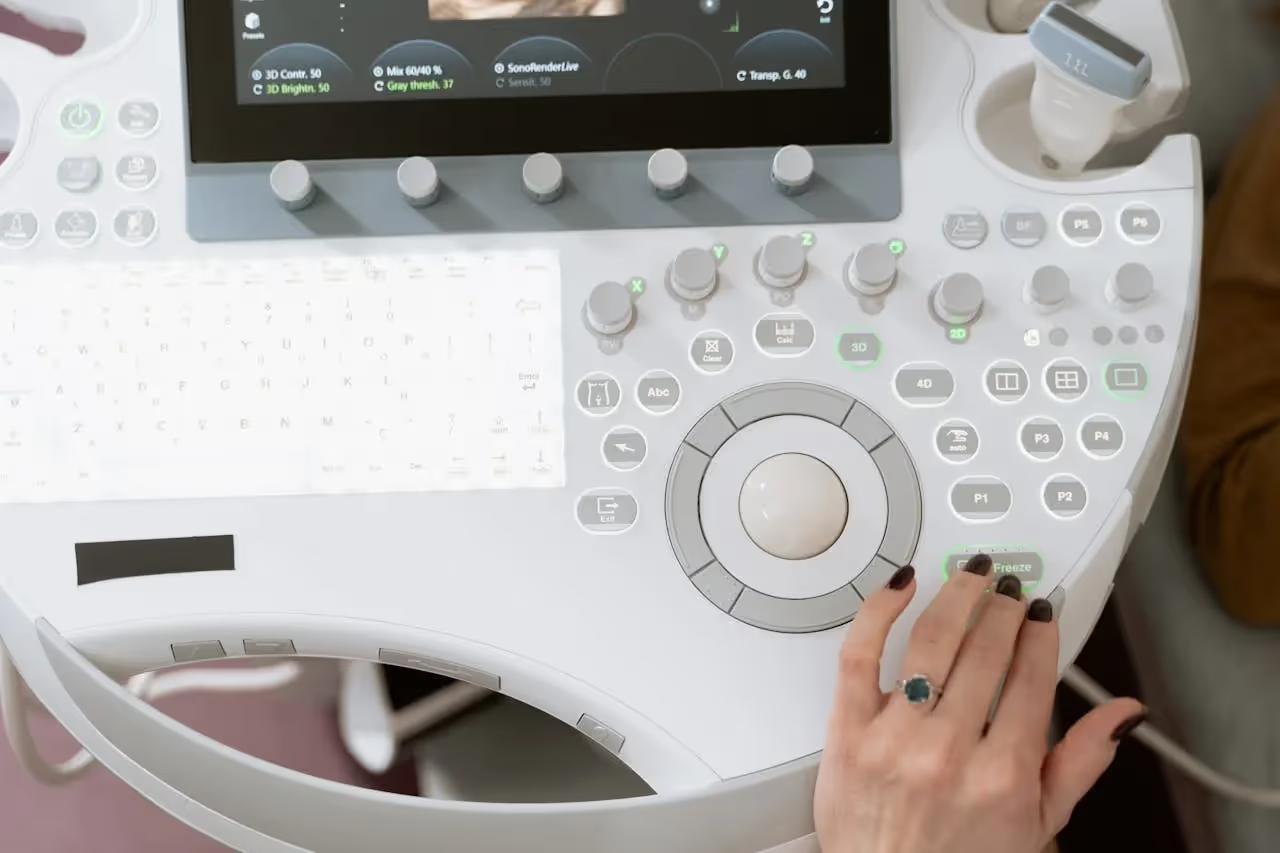Caring Beyond Prescriptions: The Art of Nursing
Wisdom comes from learning; compassion is innate but can be nurtured and developed. These two principles are fundamental to the art of nursing, a profession that transcends mere technical skills, delving deeply into the realm of human interaction and empathy. Let us explore the path to becoming a nurse, where care goes beyond just prescriptions and touches lives.
Developing the Compassion Quotient
Compassion is the cornerstone of nursing. This practice goes beyond executing a healthcare plan and observing traditional bedside manners. To be a good nurse, one has to develop sensitive observation skills to understand the emotional state of a patient. It is about sharing, understanding, and connecting with patients on a personal level.
Whilst pursuing a nursing degree, students engage in rigorous classroom studies, internships, and volunteer work. These experiences are instrumental for future nurses to grow in empathy and learn to provide the physical, as well as, emotional support that patients truly need.
The Art of Communicating
Effective communication is an art, and for nurses, it is a requisite skill. The flow of information between patients, families, and healthcare providers needs to be seamless. One essential factor in building relationships with patients is trust, which is fostered by open and clear communication.
Often, future nurses hone this skill during their university years, practicing communication strategies with their peers. These skills are further developed during their practical experiences. The ultimate goal is to convey messages with respect, kindness, and patience to patients.
Patients’ Advocates: Nurses in Action
Taking a nursing oath means agreeing to be the patients’ advocate. A nurse’s priority is ensuring the safety and health of their patients, even when their wishes might be at odds with the desires of the family or medical team. This unwavering dedication is a pinnacle of the nursing profession.
Students in nursing programs will undertake courses on ethics and patient advocacy to prepare for these challenges. They will learn how to balance all considerations and work to uphold the maximum benefit for the patient.
Life-long Learning
Like all medicinal fields, nursing is a practice based on ever-evolving knowledge. Therapies and technologies are constantly advancing, challenging nurses to remain updated. This pursuit of knowledge links back to nursing’s primary concern: providing the best care for patients.
Universities often lay the foundation for nurturing this thirst for knowledge. Learning to adapt to new methods and med-tech innovations is part of higher education in nursing. Thus nursing students are inculcated early on with a commitment to life-long learning.
Conclusion
Caring beyond prescriptions, indeed, sums up the essence of nursing. It is not just about clinical diagnosis or treatment. It is about the human touch, a compassion-filled interaction between a healthcare provider and a person in need of care. By nurturing vital qualities such as compassion, good communication, advocacy, and constant learning, nursing students pave their way to become competent and caring nurses. May this serve as an insight into the rewarding and respected profession of nursing, and may it ignite further passion in those choosing this honorable career path.















.svg)



